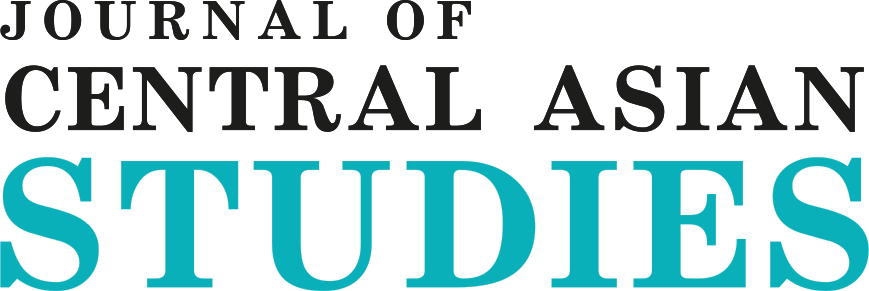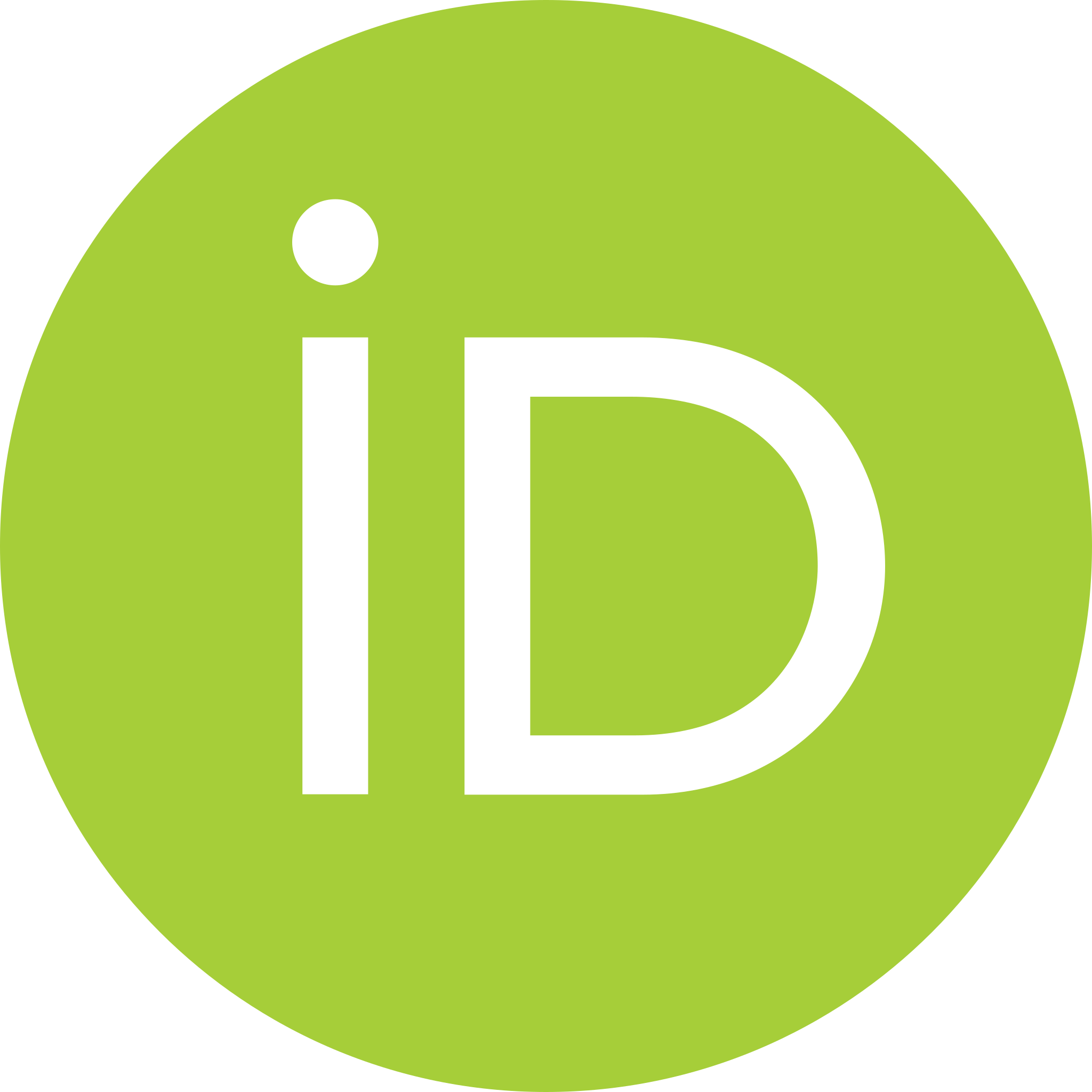Empowering Inclusive Knowledge Societies: Integrating Media Literacy in University-Level Language Education in the USA and Kazakhstan
DOI:
https://doi.org/10.52536/3006-807X.2025-1.005Keywords:
educator perspectives, language learning, media literacy, social inclusion, sustainable education, comparative studyAbstract
This research explores the integration of media literacy into university-level language education. It compares the perspectives of language educators in the USA and Kazakhstan, focusing on their potential to empower inclusive knowledge societies by fostering equitable access to critical thinking and media engagement skills. The study aims to uncover how educators perceive media literacy's importance, the extent of its integration, and the social and institutional challenges they face. Employing a comparative survey-based approach, data was collected from the USA and Kazakhstan language educators, addressing the significance of media literacy, integration practices, barriers, and benefits. The data offered a comparative analysis of the two educational contexts.
Findings reveal significant differences between the countries. Educators in the USA report advanced integration of media literacy, supported by institutional frameworks, while their counterparts in Kazakhstan face challenges like resource limitations, insufficient training, and digital inequality. Despite these barriers, educators in both contexts recognize media literacy as a transformative tool for fostering critical thinking, social awareness, and active citizenship.
This comparative analysis illuminates the potential of media literacy to bridge digital divides, promote equitable education, and prepare students for active participation in sustainable, knowledge-sharing communities.
References
Buckingham, D. (2007). Media education goes digital: an introduction. Learning, Media and Technology, 32, 111–119.
Coşkun, H. (2021). Media as a Learning-Teaching Tool in the Context of Media Literacy from Turkish Language Teacher Candidates’ Perspective. International Journal of Education and Literacy Studies, 9(4), 93–117. https://doi.org/10.7575/aiac.ijels.v.9n.4p.93
Gabdullina, Z. Yelubayeva, P., Nemtchinova E., Kunakova, K., & Kulzhanbekova, G. (2024). Integrating Digital Authentic Materials in ESP Classrooms: Effects on Kazakh Students’ Language Proficiency and Student Engagement. Forum for Linguistic Studies, 6 (4).
Godwin-Jones, R. (2021). Evolving technologies for language learning. Language Learning & Technology, 25(3), 6–26. http://hdl.handle.net/10125/73443.
Hajar, A., Batyrkhanova, G., & Manan, S.A. 2024. Understanding challenges, investment, and strategic language use of postgraduate students in an English-medium university in Kazakhstan. Asian Englishes, 26(1), 216–232. https://doi.org/10.1080/13488678.2023.2216868
Hobbs, R. (2020). Propaganda in an age of algorithmic personalization: Expanding literacy research and practice. Reading Research Quarterly, 55(3), 521–533. https://doi.org/10.1002/rrq.301.
Hobbs, R. (2021). “A most mischievous word”: Neil Postman’s approach to propaganda education. Harvard Kennedy School (HKS) Misinformation Review. https://doi.org/10.37016/mr-2020-65
Jenkins, H. (2006). Convergence Culture: Where Old and New Media Collide. New York, United States: New York University Press. 318p.
Jenkins, H., Purushotma, R., Weigel, M., Clinton, K. & Robinson, A. (2009). Confronting the Challenges of Participatory Culture: Media Education for the 21st Century. Cambridge, United States: The MIT Press. Retrieved January 25, 2023, from https://archive.org/details/9780262513623
Jolls, T. & Wilson, C. (2014). The Core Concepts: Fundamental to Media Literacy Yesterday, Today and Tomorrow. Journal of Media Literacy Education, 6(2), 68–78. http://dx.doi.org/10.23860/JMLE-2016-06-02-6
Kellner, D. (2021). Digital technologies, multi-literacies, and democracy: Toward a reconstruction of education. In: Technology and Democracy: Toward a critical theory of digital technologies, technopolitics, and technocapitalism. Medienkulturen im digitalen Zeitalter. Springer VS, Wiesbaden. https://doi.org/10.1007/978-3-658-31790-4_10
Masterman, L. (1989). Media Awareness Education: Eighteen Basic Principles. Retrieved April 6th, 2024, from http://www.medialit.net/reading-room/mediaawareness-education-eighteen-basic-principles.
Pegrum, M. (2019). Mobile lenses on learning. Springer Singapore.
Pennington V., Howell E., Kaminski R., Gazioglu M., & Cole M. (2024). Multilingual teaching and digital tools: the intersections of new media literacies and language learning. Journal for Multicultural Education, 18(1/2), 126–138. https://doi.org/10.1108/JME-09-2023-0092
Potter, W.J. (2022). What Does the Idea of Media Cultivation Mean? Journal of Broadcasting & Electronic Media, 66, 540–564.
UNESCO (2018). Issues and trends in Education for Sustainable Development. Ed. by Leicht, A.; Heiss, J. & Byun, W. J. Paris, France: UNESCO, 2018. https://en.unesco.org/sites/default/files/issues_0.pdf
Westman P. (2019). Using Critical Media Literacy to support English Language Teaching and Practice. H2D|Revista de Humanidades Digitais, 1(1). https://doi.org/10.21814/h2d.242
Yeh, E., & Swinehart, N. (2022). Social media literacy in L2 environments: navigating anonymous user-generated content. Computer Assisted Language Learning, 35(8), 1731-1753. https://doi.org/10.1080/09588221.2020.1830805
Yelubayeva P., Kudyarova S. & Kulzhanbekova G. (2023a). Incorporating media literacy into foreign language classrooms to advance Kazakh students’ critical communication skills. Proceedings of the Asian Conference on Education 2023, 1013–1025. https://doi.org/10.22492/issn.2186-5892.2024.86
Yelubayeva P., Tashkyn, E., & Berkinbayeva, G. (2023b). Addressing challenges in Kazakh education for sustainable development. Sustainability, 15(19), 14311; https://doi.org/10.3390/su151914311
Downloads
Published
Issue
Section
License
Copyright (c) 2025 Yelubayeva P., Flenniken L., Owen T., Gabdullina Zh.

This work is licensed under a Creative Commons Attribution 4.0 International License.











 Open content is licensed under the CC-BY
Open content is licensed under the CC-BY 